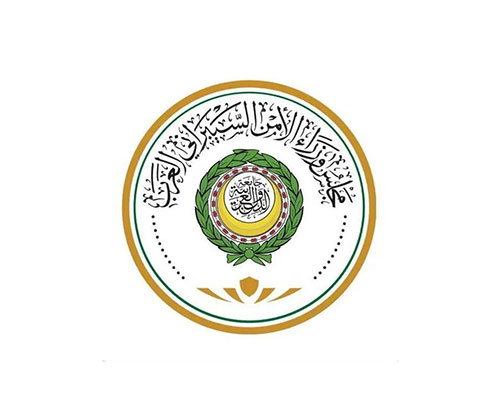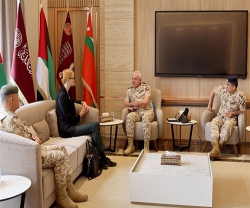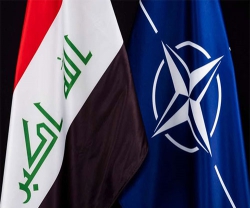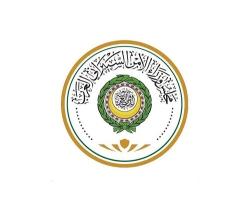The Council of Arab Cybersecurity Ministers launched last week preparatory work on the Arab Cybersecurity Strategy (ACSS). The Council issued a resolution welcoming the Kingdom of Saudi Arabia’s initiative to lead the development of the strategy.
The ACSS seeks to achieve the objectives outlined in the Council’s charter, as approved by the Arab League at the summit level. These include contributing to a secure and trustworthy Arab cyberspace that fosters growth and prosperity for all member states; enhancing cooperation and coordination among Arab nations on all matters related to cybersecurity; and protecting the interests of League member states in international cybersecurity forums through unified Arab positions and joint coordination.
The Arab working group tasked with developing the strategy, chaired by Saudi Arabia, reviewed proposed strategic goals. These include strengthening Arab cooperation and solidarity in cybersecurity, enhancing regional resilience to cyber threats, building human capital and advancing the cybersecurity industry, and harmonizing cyber legislation and regulatory frameworks across member states, the Saudi Press Agency (SPA) reported.
On 11 September 2023, the Arab League has announced the formation of a Ministerial Council for Cybersecurity to enhance cooperation and streamline the efforts among member countries in addressing cybersecurity challenges.
The Council of Arab Ministers of Cybersecurity, proposed by Saudi Arabia during the 160th session of the league, highlighted then the increasing acknowledgment among Arab nations of the urgent requirement for unified efforts in the field of cybersecurity, according to a statement released then.
The rising global threat of cyberattacks, especially against critical sectors, has made cybersecurity a top priority for nations worldwide.
With its central administration based in Riyadh, Saudi Arabia, the Council of Arab Ministers of Cybersecurity will serve as a platform for documenting collaboration, developing strategies, and coordinating cybersecurity endeavors among its members. Its core mission is to create a secure and resilient Arab cyberspace, fostering growth and prosperity for the Arab world and its people.
The Ministerial Council will examine cybersecurity matters at various levels, including security, economic, developmental, and legislative dimensions. It will formulate recommendations, propose policies and standards, and initiate projects and initiatives aimed at fortifying cybersecurity within its member states, added the statement.
This initiative comes when cybersecurity has become integral to national security, economic development, and social stability.
The Middle East region’s cybersecurity market is projected to be worth $31 billion by 2030 as governments take measures to protect their infrastructure, data from US business consulting firm Frost & Sullivan showed.
The industry’s value, about $7.5 billion in 2022, will grow at a compound annual growth rate (CAGR) of nearly 20% over the next seven years, the US consultancy said at the 2023 Gulf Information Security Expo and Conference in Dubai.
The report noted that the UAE and Saudi Arabia are expected to lead the sector, as their cybersecurity industry and government policies have made them preferred destinations for industry academics, businesses, research, and innovation.
Phishing, ransomware, and crypto-jacking are among the top cyber security threats and trends for 2023, according to the University of San Diego.





















